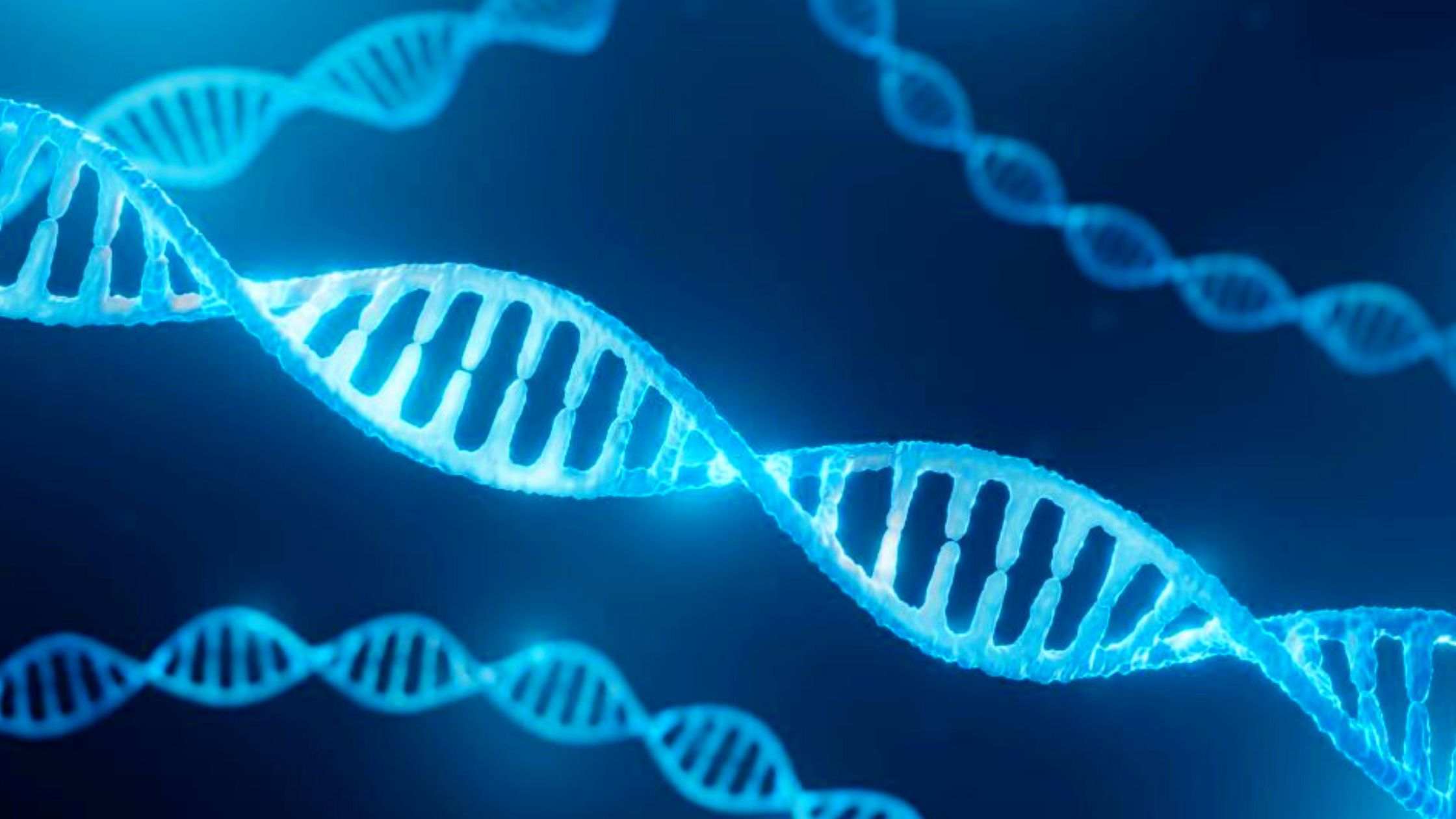Research: Unique Genetic Variant Can Lead To Slimness In People

Do genes play any role in influencing body weight in human beings? Several studies were carried out by researchers from different universities globally in order to find out the truth behind the increasing obesity rate. And as per their estimate, it is believed that 20% of total obesity is influenced by genetics.
Recently, from research by the Spanish National Cancer Research Centre and the IMDEA Food Institute, it is discovered that individuals with distinct arrangements of genes that are involved in cell nutrition manage to compile less fat than usual. The researchers of CNIO and IMDEA determined a different gene variant and according to them, it is identified that around 100+ genetic variants are responsible for the increasing BMI levels in human beings.
Impact Of New Genetic Variant
The study was co-authored by Nerea Deleyto-Seldas, a researcher at the Spanish National Cancer Research Centre (CNIO), and Lara P. Fernandez, IMDEA Food Institute and was published in the Journal of Genome Biology.
With reference to the study, Nerea Deleyto-Seldas stated that not only lifestyle, diets, exercise routines, etc but rather genetics could also impact body weight. Usually, genetic variants are just distinct versions of a gene and never produce any visible change in the human body. But from the research, it is discovered that this unique variant impacts the number of fat accumulations. And as to the findings, this case is more predominant among the Europeans and 60% of their population has this specialty.

The study was conducted with the help of 790 volunteers. As you know obesity is the result of unwanted fat accumulation which could worsen if left carelessly and could bring a negative impact on your health. The team from the IMDEA Food Institute gathered all essential details including the genetic material, BMI, body weight, muscle mass, etc from the 790 volunteers and put them together to find the genetic variant that causes the phenomenon and the resulting metabolic changes. As per the study published in the scientific journal Genome Biology, the researchers have found a consequential relation between one of these variants in the FNIP2 gene and other obesity-related specifications.
To decide whether this happens the same with animals, the same research was carried out in mice. Alejo Efeyan, head of the CNIO’s Metabolism and Cell Signalling Group stated that the animals used in the test haven’t shown any other changes or differences. He even explained that when compared with humans, the mice with the variant that caused leanness in individuals had 10% – 15% less fat than the non-carrier mates.
At the same time, while taking the case of humans, the impact of this gene variant does not exceed 20% and thus it is verified that the gene only causes a small change in the body’s physical constitution. Efeyan clarified that people with this genetic variation cannot overeat hoping that they won’t get fat as the impact is very less.
Ana Ramirez de Molina, director of the IMDEA Food Institute stated that the aim of the study was to understand the genetic components of obesity or overweight. With this study, the researchers desired to learn serious knowledge of the involvement of the cellular nutrient-sensing trail in obesity. By this, they can develop personalized methods which will aid in the prevention and treatment of obesity thus reducing the risk of several deadly health conditions.





